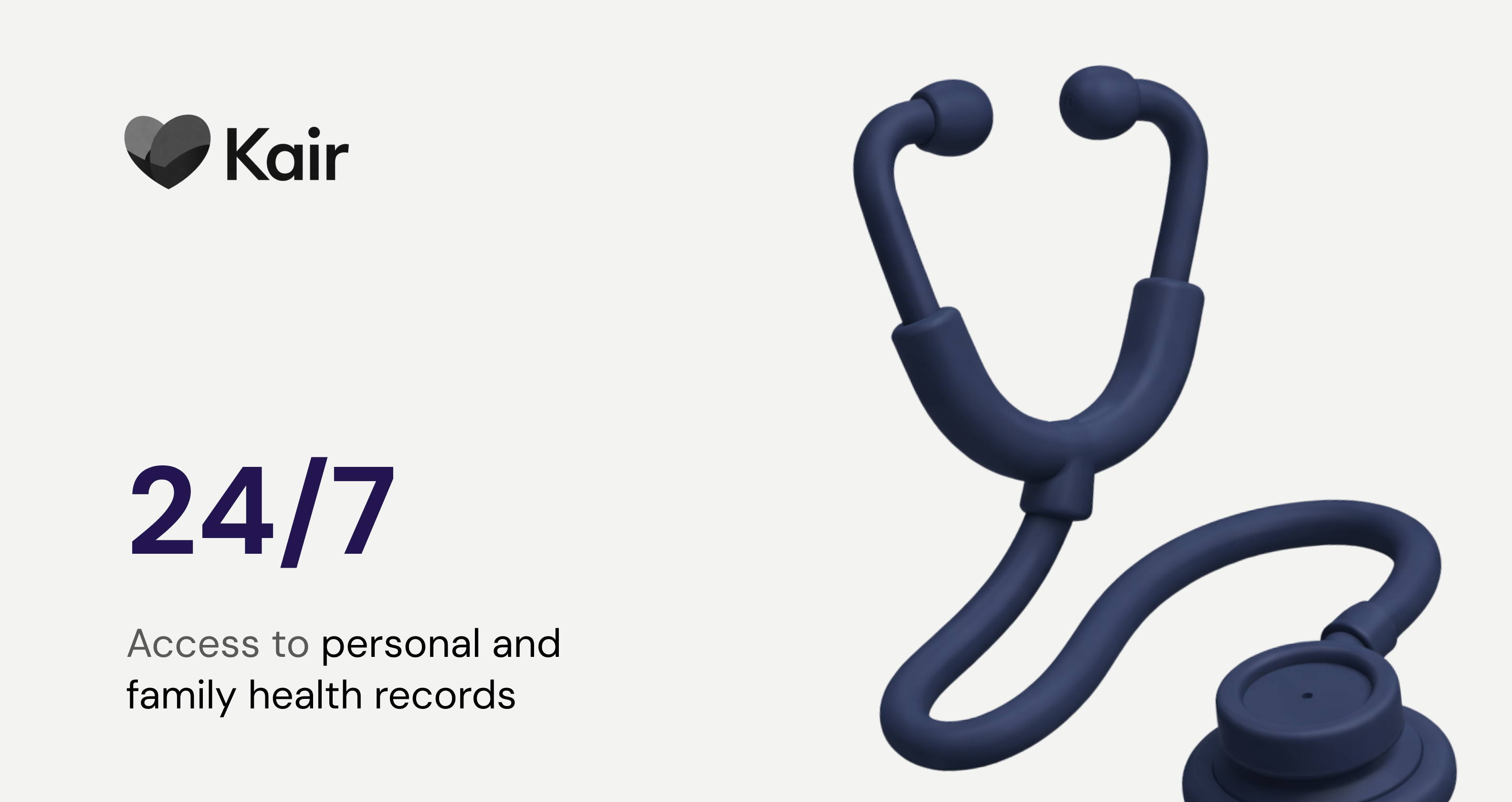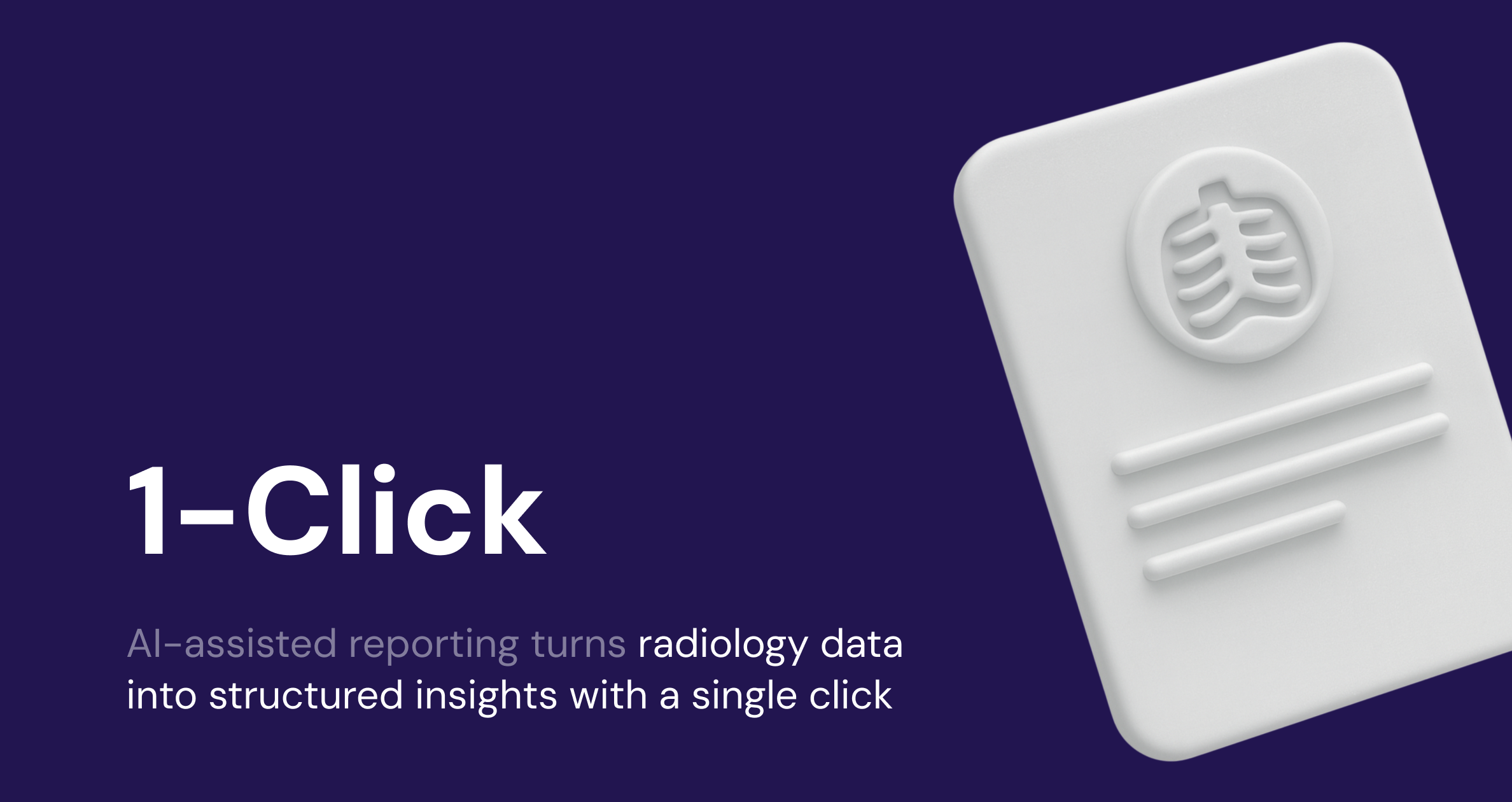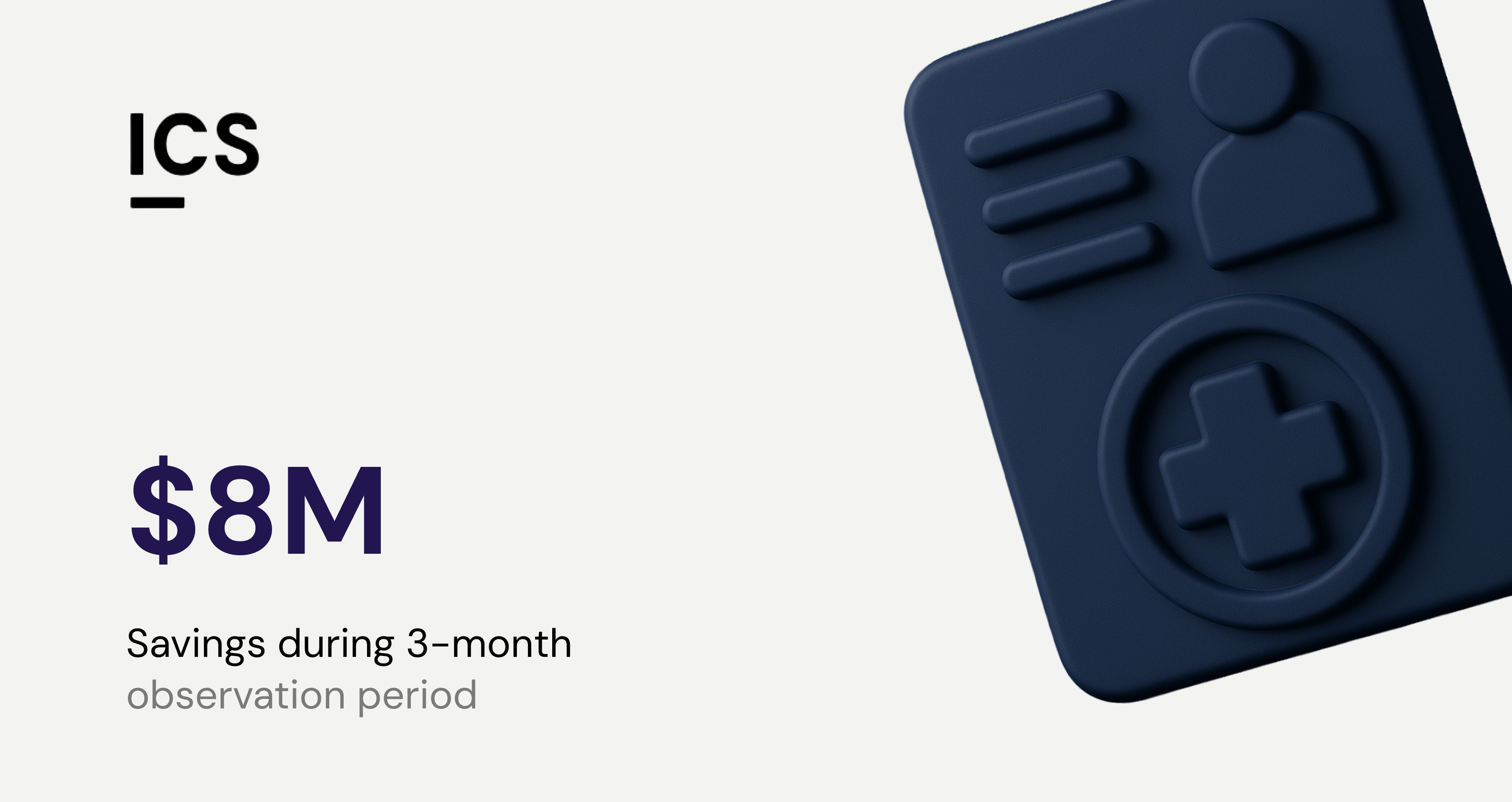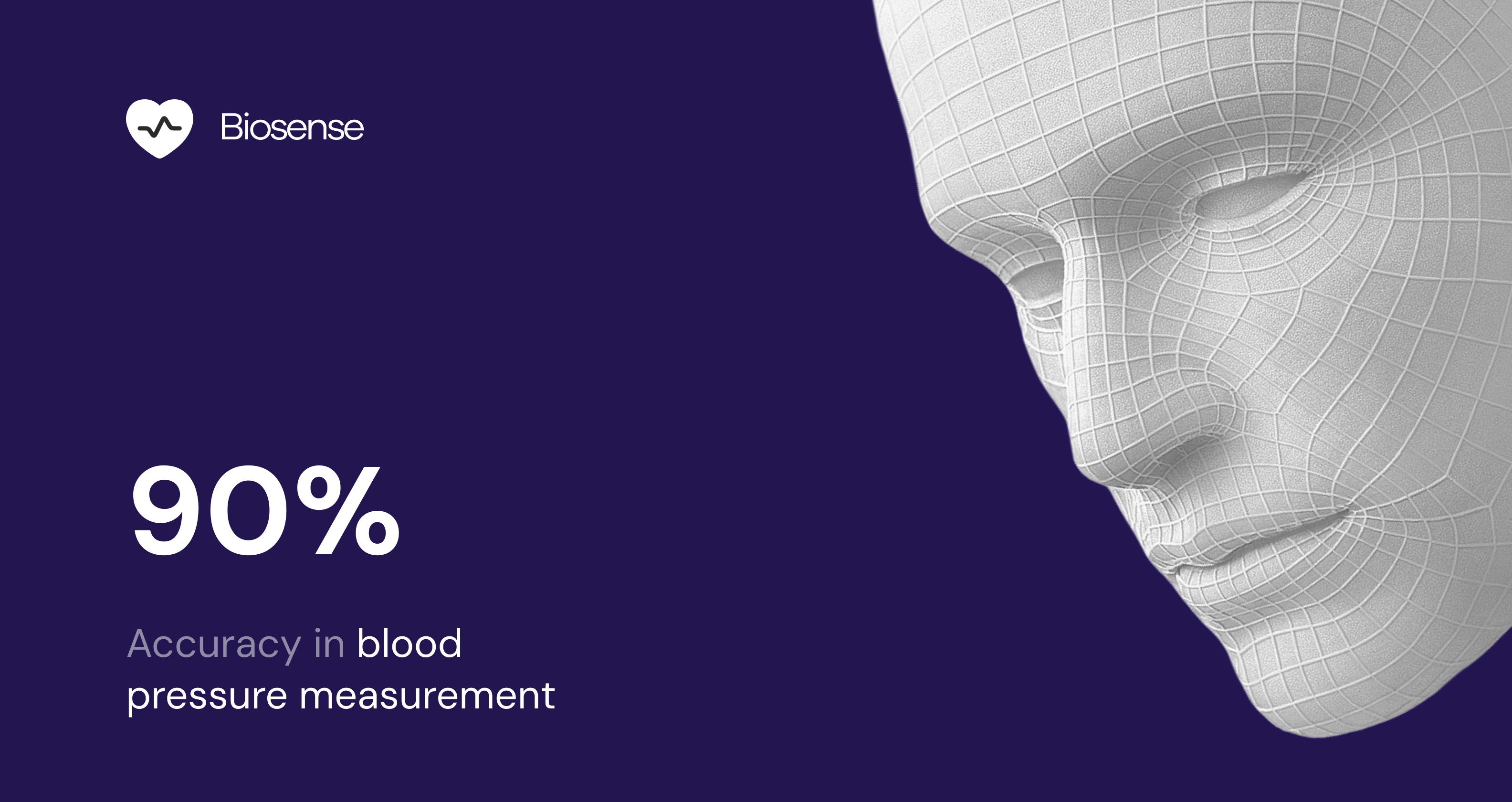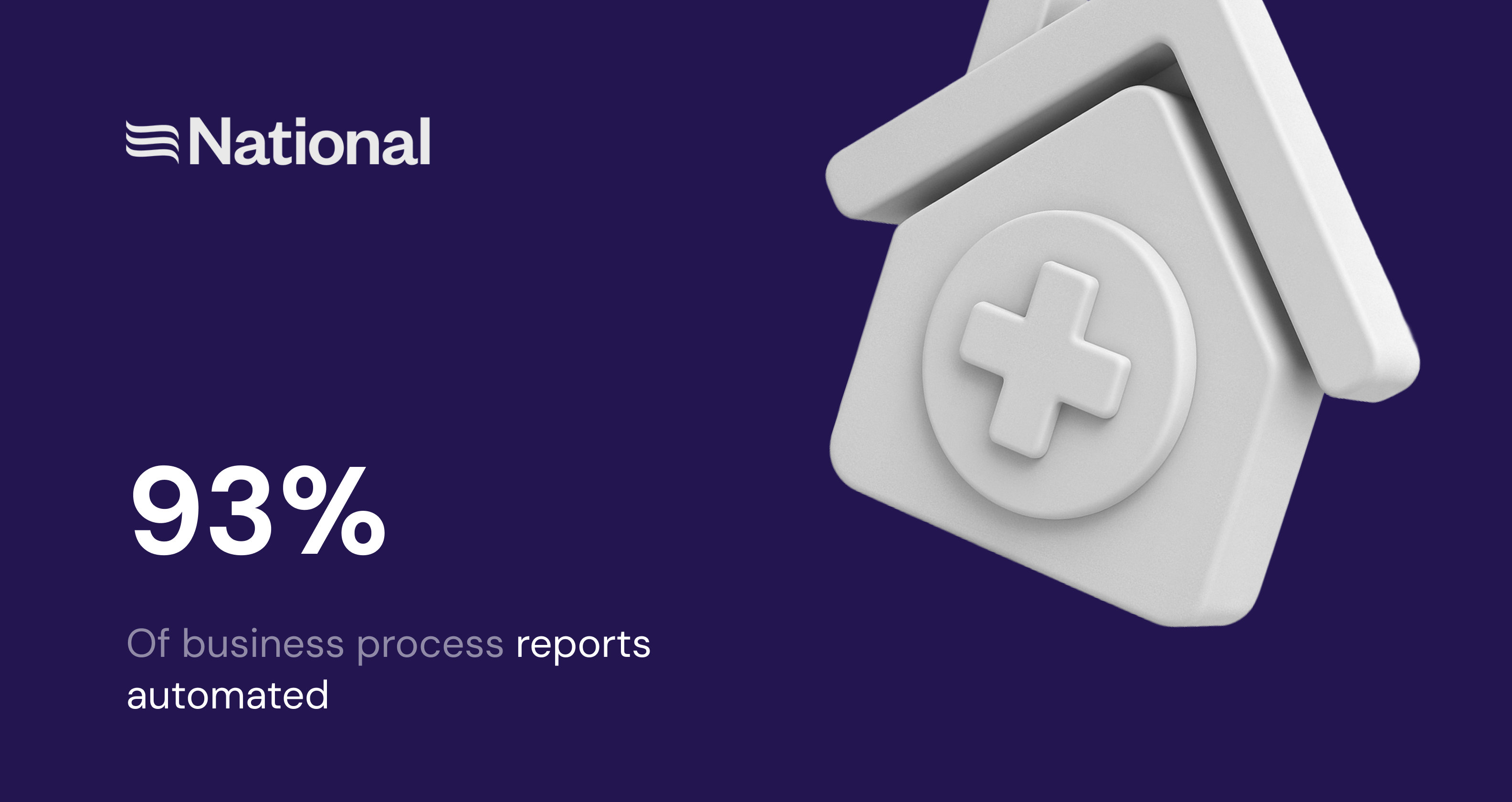This paper addresses the challenges of analyzing Big Data in the context of personalized medical systems. As medical data grows in volume and complexity, traditional methods of storage and processing are inadequate, necessitating new approaches. The study focuses on developing a patient information track model that integrates personal and medical data for system development. It proposes a two-stage process: first, constructing an ontology of medical knowledge, and second, formalizing the decision-making process using decision trees. The approach personalizes medical schemes by adapting decision-making methods based on individual patient parameters.
The result is a personalized medical system that customizes standard procedures to fit individual patient needs.
Takeaways:
- Big Data in Healthcare: The paper highlights the challenges of handling the heterogeneity and vast growth of medical data, proposing novel methods for efficient analysis and processing.
- Personalized Medicine: The proposed model personalizes medical decision-making by considering patient-specific parameters, improving the accuracy of medical schemes.
- Decision Trees for Personalization: A unique adaptation of decision trees is used to create personalized solutions based on patients’ data, moving beyond standard one-size-fits-all models.
- Ontology-Based Approach: The study introduces a systematic approach to building medical ontologies, essential for improving data semantics in decision-making processes.
- Improved Decision-Making: The integration of patient-specific information into medical decision trees enhances the ability to make more informed, tailored decisions in patient care.
- Systematic Verification of Data: The paper emphasizes the importance of systematically verifying personal and medical data to ensure accuracy and reliability in developing personalized medical systems.



